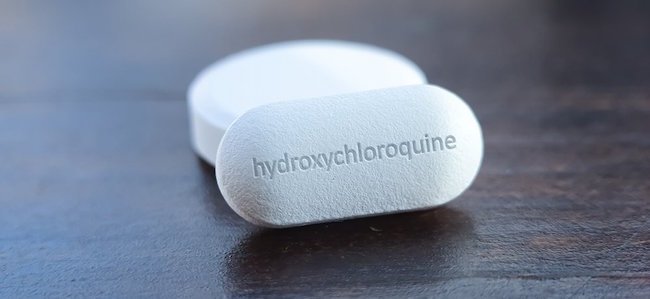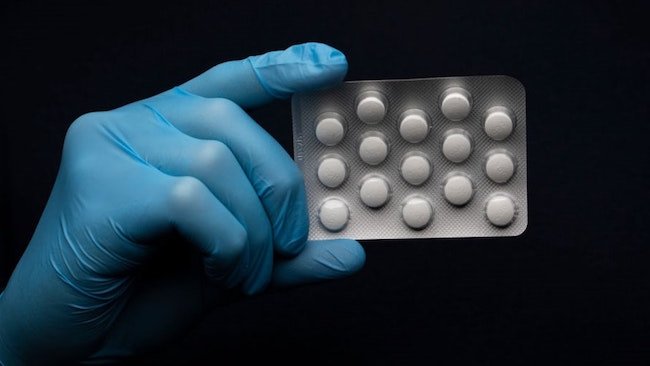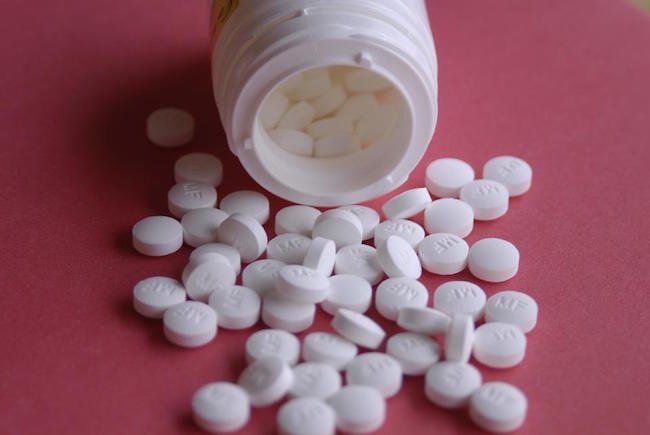COVID-19: Can hydroxychloroquine actually treat the deadly virus?

Hydroxychloroquine and a related drug, chloroquine, currently remains under study as possible treatments for coronavirus disease (COVID-19). Politicians and scientists also argued against each other about the drug being effective in treating or preventing the deadly virus. However, the tests have yet to endure the due diligence of extensive clinical trials.

What is hydroxychloroquine?
Hydroxychloroquine is a prescription drug that comes as an oral tablet. Usually used to treat lupus erythematosus and rheumatoid arthritis. Aside from that, it can also prevent and treat malaria. The drug kills parasites that cause the disease. It has also been believed that the drug affects how one’s immune system works.

Can hydroxychloroquine be used to treat COVID-19?
Long answer short, it remains unclear. In laboratories, it has demonstrated efficacy against severe acute respiratory syndrome coronavirus responsible for the current pandemic. Dr. Deborah Birx said that the efficacy in test tubes doesn’t mean it will work in humans as studies on them have presented conflicting conclusions.
There are politicians who believe that the drug can be a powerful weapon against COVID-19. They also recommend that it could be a preventative measure for health care workers. However, experts have not suggested the latter but the politicians are correct in pointing out the promising signs. Health experts note that it would be best to wait until clinical trials determine if hydroxychloroquine remains safe and effective in treating COVID-19.

Unfortunately, since hydroxychloroquine is under study for COVID-19 treatments, pharmacies started to limit giving the drug to the patients who currently need it.
Angela Grace P. Baltan has been writing professionally since 2017. She doesn’t hesitate to be opinionated in analyzing movies and television series. Aside from that, she has an affinity for writing anything under the sun. As a writer, she uses her articles to advocate for feminism, gender equality, the LGBTQIA+ community, and mental health among others.





